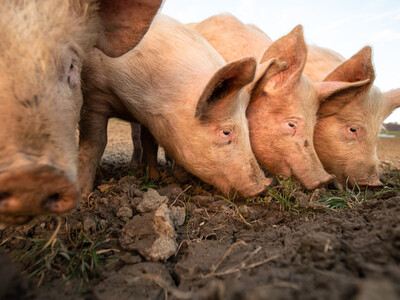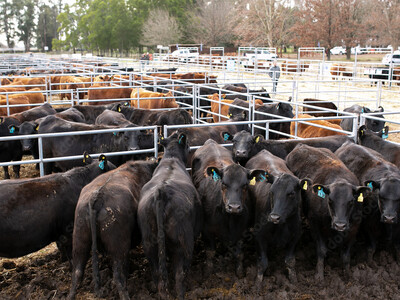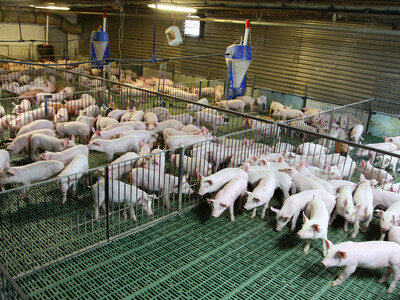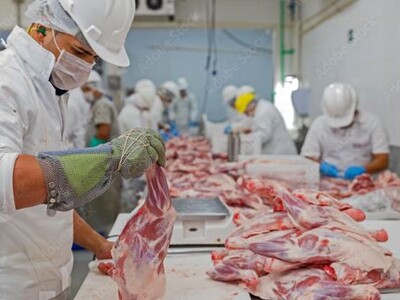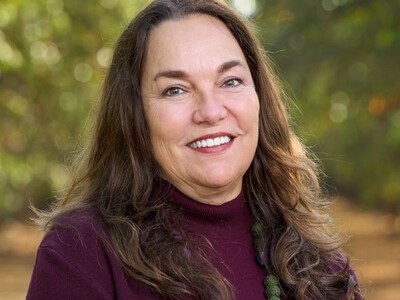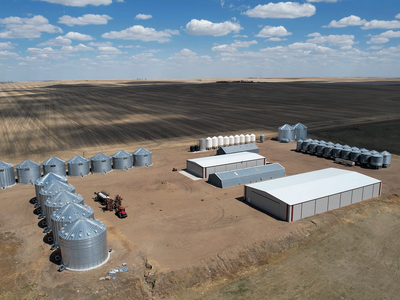Farm Innovators
Farm Innovators. I’m Greg Martin as Line On Agriculture presents the Harvest Clean Energy Report.
Jeff Falen with Persephone Farms in Lebanon, Oregon is an innovator. A lot of farmers are. They see a need and roll up their sleeves. Some time back Falen converted his gas tractor to electric with the help of an Oregon Business Energy Tax Credit which has also helped them provide nearly 90% of their electrical needs through solar panels. He says its part of their long range plan.
FALEN: Last year though we did add some solar hot water. We built a lunchroom for our workers with a kitchen and a shower in it so we put a solar hot water panel on the roof of that and so we’re getting plenty of hot water right now. And that works pretty well because we have the most employees during the summer and that’s the months the sunshines around here so we’re getting pretty good use out of that.
He says that in the beginning there were some questions as to whether this was a good investment.
FALEN: The solar electricity has worked out very well. We’ve had very few problems with it and so it has been cranking out a lot of kilowatt hours for us. Now from a financial perspective when we first started installing solar electricity we were looking at about a 25 year payback for the first installation that we did and I don’t think anyone would consider that a wise investment. We did two more installations after that and the payback on that was less than five years and that’s largely because the incentives were really good.
Falen says that this for them is less about the money aspect.
FALEN: We’re really after developing clean energy sources because it meets our goals of sustainable resource use as a farm and we are really interested in trying to create an alternative farming system that’s able to produce food for people through a thousand generations and we’re not there yet but this is just one step along that way. And we feel like that the common consideration when you’re looking at the financial picture on solar energy is how does it compare to conventional sources of energy and most of our conventional sources of energy come from coal. We don’t feel that the full cost of coal power is considered in the price that we pay.
Climate change, air degradation and mining need to be considered in that cost.
FALEN: If all that was considered in the cost of electricity from coal, I think solar power would look a lot better and we’re trying to look at it from that perspective.
For additional information on clean energy, visit harvestcleanenergy.org. That’s today’s Line On Agriculture. I’m Greg Martin on the Ag Information Network.???www.harvestcleanenergy.org




